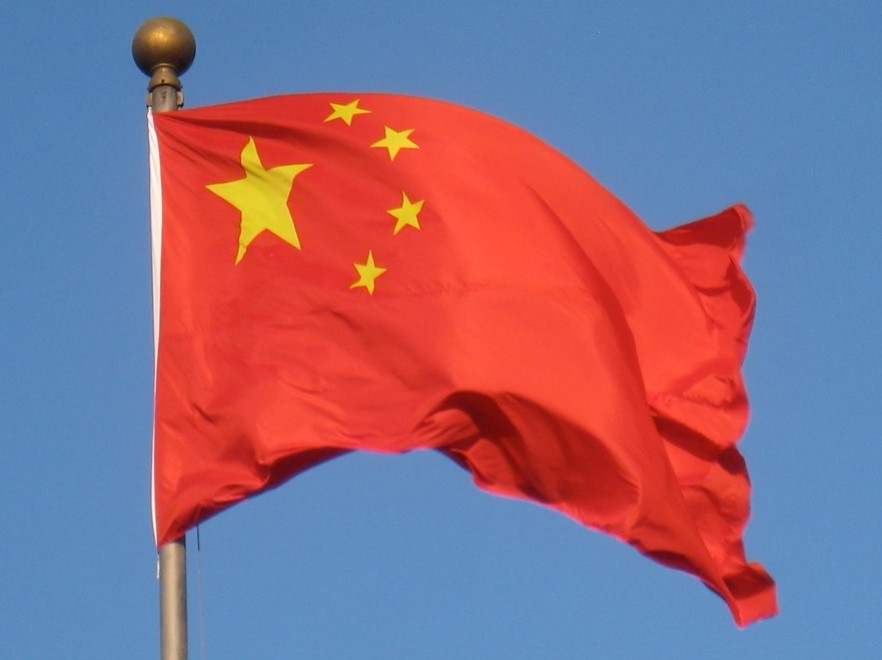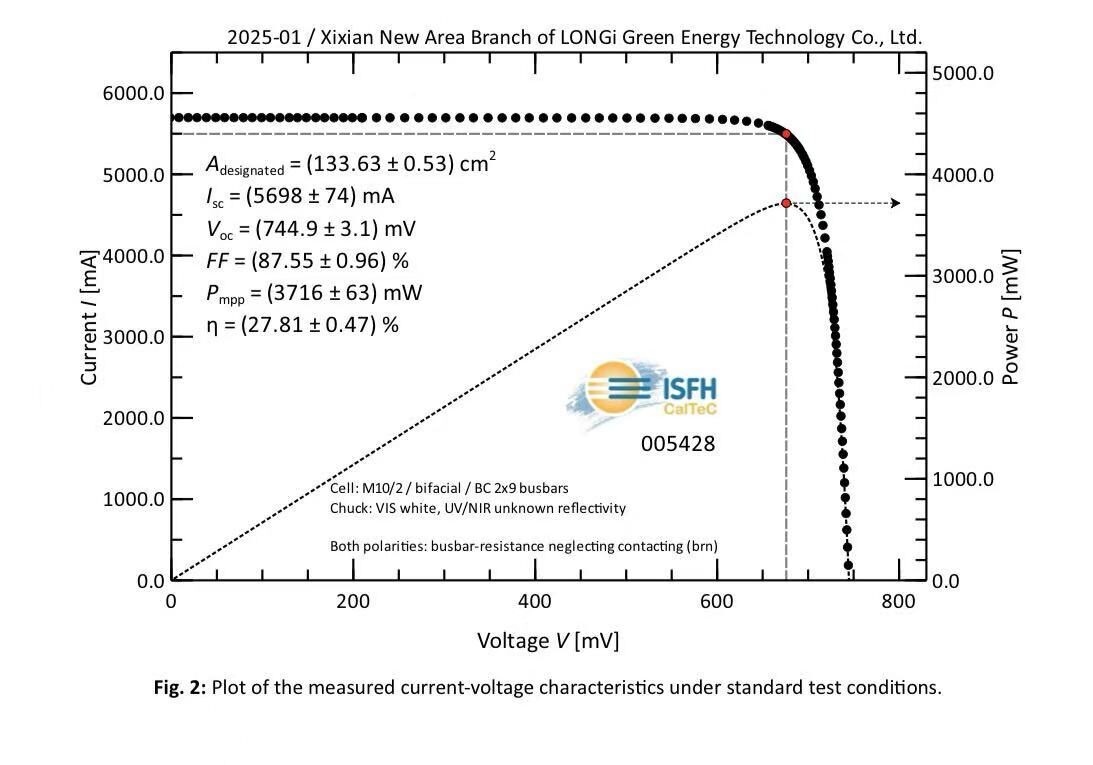The electric mobility industry has already introduced synergies to the solar industry, such as a reduction in the cost of silicon carbide transistors, which are now beginning to be used on a commercial level in PV inverters. In battery research such benefits occur because research is focused on optimizing technology for the electric vehicle (EV) industry, aiming for higher energy density and cycling life.
Chinese companies Haiyi Scientific Trading and Shenyang East Chemical Science Tech have both won permission to mass-produce the Tuball Batt, a single-wall carbon nanotube dispersion, initially developed by OCSiAL. The nanotube enables the use of silicon anodes in EV batteries on an industrial scale.
Haiyi and Shenyang East were audited by OCSiAL in May and have been given permission to start production of the nanotube dispersion solution. With their combined production capacities, the partners anticipate manufacturing 7,000 tons of Tuball Batts for Chinese battery manufacturers.
“With the production capacity of our local factory, the competitiveness of single-wall carbon nanotube conductive dispersions – in terms of supply, quality and cost control – will be greatly enhanced,” said East Chem general manager Yang Liu. “East Chem will continue to deepen our cooperation with OCSiAl, to increase our R&D investment and to provide our customers with even more diversified products.”
Haiyi reported it has worked with OCSiAL for three years to be able to launch commercial production of the product. “Local production allows Chinese battery manufacturers to greatly reduce the costs by using [the] Tuball Batt conductive additive,” said Zhijun Liu, general manager of Haiyi. “We have obtained certification from local battery manufacturers and have now started to sell large batches.”
| Parameter | Conductive additive | |
| TUBALL nanotubes* | Few wall carbon nanotubes | |
| Room temperature cycles (20°C, 80% capacity retention) | 900 | 600 |
| High temperature cycles (45°C, 80% capacity retention) | 500 | 250 |
| Dosage required | 0.1% | 0.5% |
*Tuball in 500 mAh/g SiOx-C anode material
Youming Rong, a battery technology expert with consultants IHS Markit, said it took scientists almost 30 years to make single-wall carbon nanotubes scalable. The nanotubes are considerably more conductive, he said.
“The reason that we need to use carbon nanotubes is because Hi-Nickle NMC is less conductive,” said Rong “We need it as a conductive agent to enable [the] flow of electrons. Now adding silicon is gradually becoming the trend for anode graphite in order to match up the capacity of li-ions at the cathode side. Given silicon is far from being categorized as [a] conductor, we need an even better conductive additive for the anode. Here it comes: [the] single-walled carbon nanotube.”
While Haiyi and Shenyang East Chem claimed the Tuball Batt product will help increase energy density they could not make accurate claims as they are not the battery manufacturers. They said, however, meeting a 300 Wh/kg energy density is one of the greatest challenges for Chinese battery manufacturers.
In March, a team of researchers at MIT created a new cathode for lithium battery cells which could allow for smaller and lighter lithium batteries for EVs and consumer electronics. The team said an initial version of the battery, without optimization, achieved a gravimetric energy density of more than 360 Wh/kg, and volumetric energy density of 581 Wh/liter. The researchers added, with further work and optimization they believed the battery could reach 400 Wh/kg and 700 Wh/liter – comparable to commercial lithium-ion batteries.
This article has been amended on 05.07.19 to clarify that Tuball Batt is a dispersion of nanotubes, as it previously stated that the product described nanotubes.
This content is protected by copyright and may not be reused. If you want to cooperate with us and would like to reuse some of our content, please contact: editors@pv-magazine.com.




2 comments
By submitting this form you agree to pv magazine using your data for the purposes of publishing your comment.
Your personal data will only be disclosed or otherwise transmitted to third parties for the purposes of spam filtering or if this is necessary for technical maintenance of the website. Any other transfer to third parties will not take place unless this is justified on the basis of applicable data protection regulations or if pv magazine is legally obliged to do so.
You may revoke this consent at any time with effect for the future, in which case your personal data will be deleted immediately. Otherwise, your data will be deleted if pv magazine has processed your request or the purpose of data storage is fulfilled.
Further information on data privacy can be found in our Data Protection Policy.